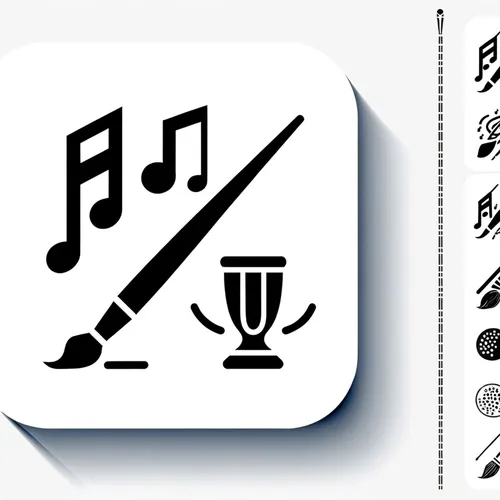The Science of Mastery: How Deliberate Practice Transforms Skills and Rewires Your Brain for Success
- Author
- Quiet. Please
- Published
- Sat 06 Sep 2025
- Episode Link
- https://www.spreaker.com/episode/the-science-of-mastery-how-deliberate-practice-transforms-skills-and-rewires-your-brain-for-success--67657517
Practice makes perfect is a phrase ingrained in our collective mindset—but what does science actually say about the journey from repetition to expertise? According to recent research from Rockefeller University and UCLA, as reported in Nature, repeated practice not only boosts skill but also deeply engrains those actions into our brain’s memory pathways. Neurologist Peyman Golshani describes it like tuning a melody: with each repetition, the brain’s neurons create a more stable, harmonious pattern, transforming shaky effort into automatic precision.
Take, for example, athletes, concert pianists, or chess masters—individuals like grandmaster Magnus Carlsen or Olympian Simone Biles. Their achievements aren’t overnight miracles but are built through years of intentional, focused practice. Memory expert Joshua Waitzkin, who reached world-class levels in both chess and martial arts, emphasizes deliberate practice: breaking tasks into smaller skills, setting clear goals, and constantly seeking feedback accelerates progress and helps overcome plateaus that inevitably arise when routine sets in.
Yet relentless repetition isn’t the sole answer. Daniel Willingham, cognitive scientist, points out that simply practicing until you reach perfection often leads to fleeting mastery. Instead, ongoing, sustained practice—regular review and skill application beyond the point of mastery—cements expertise for the long term. When improvements stall and motivation wanes, even seasoned performers benefit from switching strategies. Studies show that introducing novelty—changing practice schedules, learning environments, or even swapping up the exercises—can reignite progress by challenging the brain in new ways.
Plateaus are not failure signs but signals that your body and mind have adapted and need a fresh stimulus. Coaches recommend shifting intensity, setting new targets, and embracing a growth mindset: view each plateau as an opportunity to reassess and innovate. Psychological research also cautions against all-consuming practice. Over-training can rob joy and increase burnout, as tennis champion Naomi Osaka and many professional musicians have discussed. Top performers often stress the need for balance—sleep, rest, and creative breaks are fuel for long-term success.
Listeners striving for their own mastery should focus on deliberate, varied, and sustained practice, welcome plateaus as part of the growth process, and remember that “practice makes perfect” really means “practice makes permanent.” A little curiosity, adaptability, and self-compassion will take your skills—and your mind—much further.
